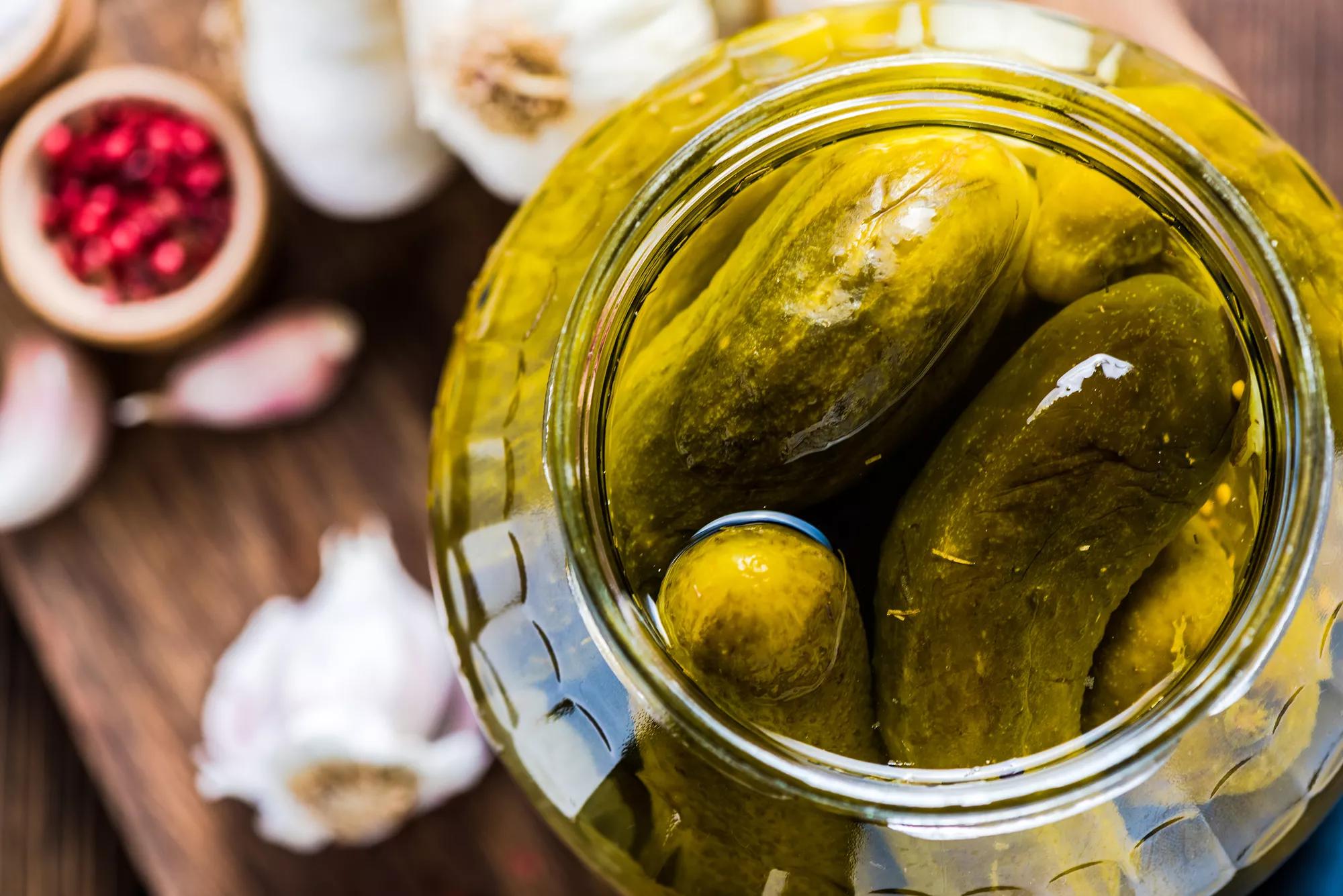"Dream, Dream, Dream! Conduct these dreams into thoughts, and then transform them into action."
- Dr. A. P. J. Abdul Kalam
"Dream, Dream, Dream! Conduct these dreams into thoughts, and then transform them into action."
- Dr. A. P. J. Abdul Kalam
3 Sep 2024
Pickles can be eaten whole, sliced, or diced. They come in a variety of flavors, including dill, kosher, sweet, spicy, sour, Gherkin, cornichons, and bread & butter. Leslie Bonci, the founder of Active Eating Advice and a sports nutritionist for the Kansas City Chiefs, adds, ‘’They add a unique flavor and a crunchy texture to any number of foods. The things that a pickle soaks in determine its flavor. Dill pickles, which are marinated in a brine made of vinegar, salt, and dill, are probably the most well-known type.'' The same process is used to make sweet pickles, but sugar is also added. Pickles can be made spicy by adding garlic, additional spices, or red pepper flakes.
Nutritionists commonly advocate pickles since they are generally healthful and their nutritional worth varies depending on what is added to the brine. According to Katherine Tallmadge, a registered dietitian and nutrition author at Personalized Nutrition, “pickles are made from cucumbers, which is a surprisingly nutritious fruit.”
According to the U.S. Department of Agriculture, cucumbers do include protein, dietary fiber, calcium, iron, magnesium, phosphorus, potassium, zinc, folate, and vitamin C. "Pickled cucumbers are also an excellent source of cucurbitacins, which have been shown to have significant antioxidant and anti-inflammatory effects," claims Tallmadge. An 8-inch cucumber has only 45 calories, according to her, and they are 96% water, "making them an excellent food contributing to weight loss and maintenance," she continues. According to Bonci, pickles are also a good source of beta-carotene and vitamin K, which helps strengthen bones and the immune system, lower blood clotting, and shield cells from harm. Additionally, as a lot of pickles are fermented, "they can be good sources of probiotics, which help with digestive health," according to her. "Some of my athletes also swear by pickle juice to help with muscle cramping during exercise."

(Source: Google Images)
Onions, dill, and peppers are a few more nutrient-dense components found in some pickle kinds. "And vinegar is an essential ingredient in pickling and has a whole host of health benefits on its own," claims Tallmadge. Adding vinegar to it ~ has several benefits, including antimicrobial and antioxidant qualities. It can also help lower blood sugar and cholesterol.

(Source: Google Images)
Pickles have certain drawbacks despite their many advantages. People on a low-sodium diet may need to be careful with the portion size of pickles eaten as they can be high in salt. Cucumbers naturally contain more than 6 mg of sodium per cucumber, however, the main reason for this is that pickles typically have brine added to them. Consuming an excessive amount of salt can cause blood pressure to rise, heart disease, and kidney problems. While Tallmadge agrees that pickles cured in vinegar have no negative effects, she also notes that other types should only be consumed seldom. "Sweet pickles or bread and butter pickles, for instance," according to her, “may not only have a lot of sodium but can be high in sugar - and calories.”
As with everything else in our everyday lives, it is critical that we give our nutrition the same priority since it contributes to living a fit and healthy lifestyle. Indian pickles are the subject of numerous myths, but the truth is in front of you. Indian pickles preserve the richness of our true Indian culinary culture in addition to being healthful for us. Probiotic-rich fermented pickles may have health benefits related to these beneficial bacteria if the high sodium content isn't a concern. While they're hardly nutritional powerhouses, conventional pickles without "good" bacteria do offer a good source of vitamin K. Consume them sparingly to sate your appetite for crunch and salt !